JK Rowling and the trans debate: women are at war with men again — but this time is different
An ideology that prioritises the needs and wants of a tiny, elective minority is allowing trans activists to throw female victims of violence under a bus.
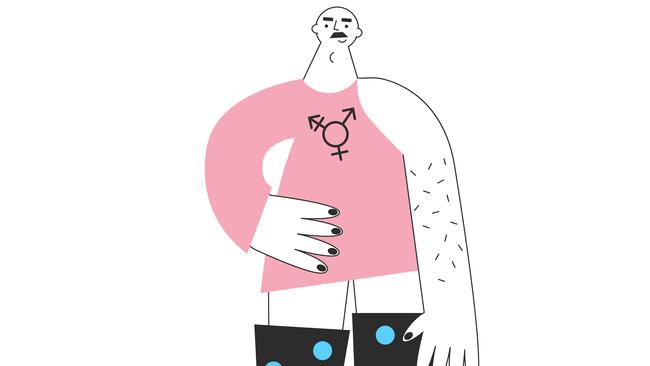
“I will begin by asserting that human beings are not assigned a sex at birth, but that our biological sex is observed and recorded.”
So writes the British feminist, Karen Ingala Smith, in her new book, Defending Women’s Spaces.
“Our biological sex is in reality determined by our chromosomes at fertilisation,” she continues, and “sex differentiation in an embryo begins after six to seven weeks of gestation.”
Such statements put her at odds with the British government, which has recently been in knots over how to define “woman”.
It brings her in line with seminal feminist Germaine Greer, who expressed similar sentiments in 2015: “Just because you lop off your dick and then wear a dress doesn’t make you a woman. I’ve asked my doctor to give me long ears and I’m going to wear a brown coat but that won’t turn me into a cocker spaniel.” And with JK Rowling, who has objected to the term “people who menstruate.” But what harm can there be in individuals aligning with, or in demanding to be acknowledged as, the opposite gender, and how does it affect the safety, status and wellbeing of women?
Ingala Smith, who is chief executive of a charity devoted to ending violence against women, presents a compelling argument that transgender women – 90 to 95 per cent of whom still have a penis – are not biological women.
Throughout the book, she notes that the debate has been dominated by males who identify as women “because it is almost always males who are seeking to breach boundaries set up to protect women”.
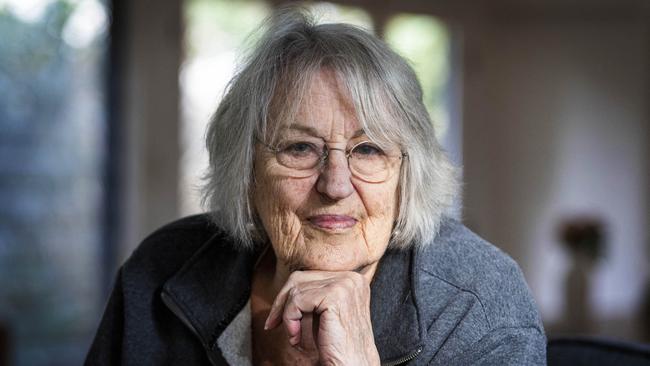
In short: women are again at war with biological men, if in a different form. Part of the issue is that the terms “sex” and “gender” are commonly understood to be synonyms (“just a few steps from this until the word woman becomes a social rather than a biological category”).
While Ingala Smith expresses sympathy for hate crimes against trans people (the most recent high profile case being the murder of Brianna Ghey, a vulnerable British 16-year-old trans student, by a girl and a boy, both 15), she has for years lobbied against the application of meritocratic standards to crime victims. As she notes, the most overlooked of all adult hate crimes – normalised, ignored – are not against trans people, but unexceptional women.
The sex imbalance between victims and perpetrators of domestic and sexual violence is, as Ingala Smith reports, staggering. In the UK alone in the year ending March 2020, 74 per cent of domestic abuse-related victims of criminal damage and arson were women; 77 per cent of victims of public order offences were women; 73 per cent of victims of crimes against the person were women; 94 per cent of domestic abuse-related sexual offences were women; and 83 per cent of victims of high frequency repeat crimes (more than 10 crimes) were women.
Ingala Smith believes that countless female victims of male violence are, in essence, being thrown under the bus by transwomen activists and the prevailing ideology, which prioritises the needs and wants of a tiny, colourful, elective minority over the majority of the population.
As Ingala Smith points out, it was found in 2018 that just under 90 per cent of sexual assaults, harassment, and voyeurism in changing rooms occurred in mixed-sex facilities, and that two-thirds of sexual assaults in leisure facilities and pools occurred in mixed-sex changing rooms. Despite these and other findings – that transgender prison inmates have been shown to be five times more likely to carry out sexual attacks than other prisoners, say – under revised policy guidance, most UK prisoners are now located “according to their gender as recognised by law”.
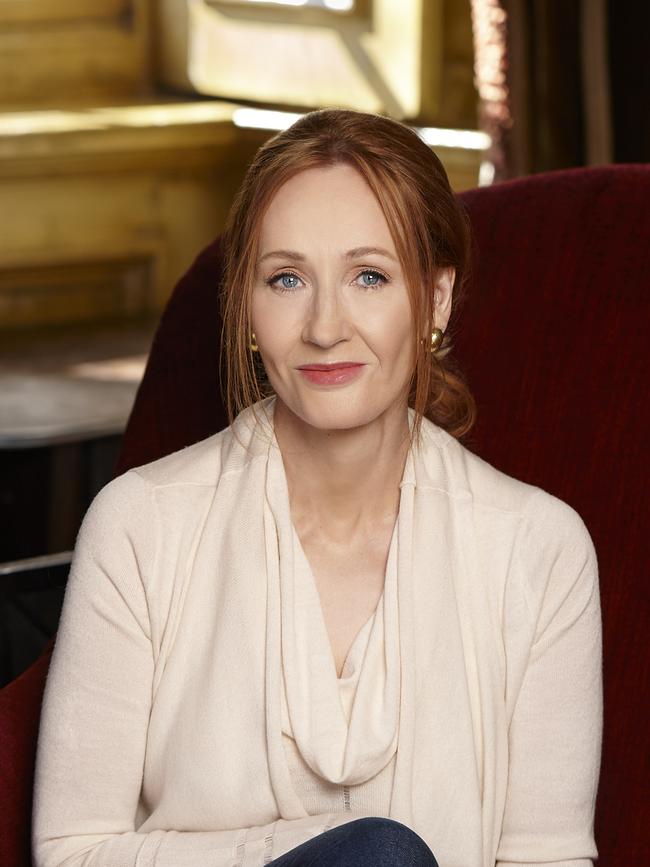
Ingala Smith cites numerous cases in which violent biological men with trans identities have been transferred to women’s prisons, “seeking better access to females and young children through presenting in an apparently female way”, adding, “At least 70 per cent of women in prison are victim-survivors of domestic violence and abuse, 53 per cent of women reporting having experienced emotional, physical or sexual abuse as a child. For many women, incarceration and the withdrawal of their liberty may be the one time in their life that they are removed from men’s violence and abuse.”
The desires of imprisoned transwomen also trump those of imprisoned women. When a convicted six foot-plus (1.82m) trans rapist went on to sexually assault a number of his female inmates, it made no difference to the privileges he was granted – access to make up, wigs, and so on – but which the women were uniformly denied.
Observing that the same principles continue to be applied to women’s refuges and similar organisations, Ingala Smith stresses that women’s rights “to safety and dignity, whether they are serving time in prisons or working in them, had clearly been accorded secondary importance to the feelings, wishes and management issues posed by violent males in each of these cases.”
An angry, brilliant classic of feminist philosophy, Defending Women’s Spaces not only challenges the continuing marginalisation of women but reveals the masculine appropriation of feminine space that makes it possible. Single-sex spaces for women have always been essential, particularly those providing “specialist services delivered by women, to women who are victim-survivors of men’s violence.”
Antonella Gambotto-Burke’s new book, Apple: Sex, Drugs, Motherhood and the Recovery of the Feminine, is now available online
Defending Women’s Spaces


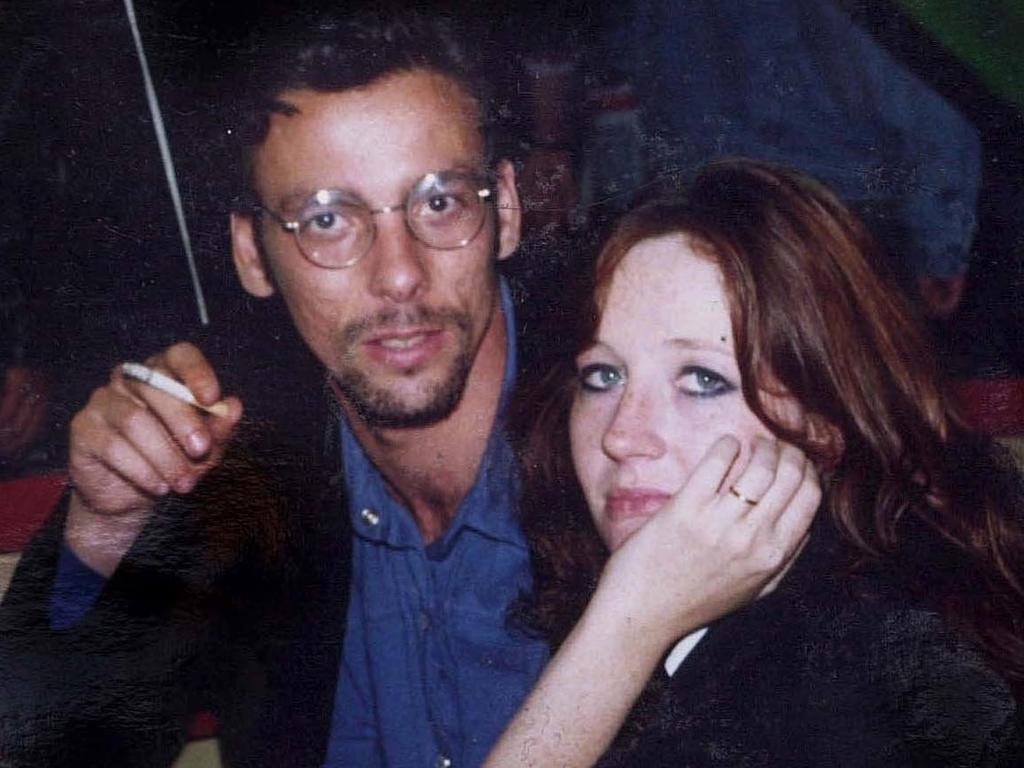
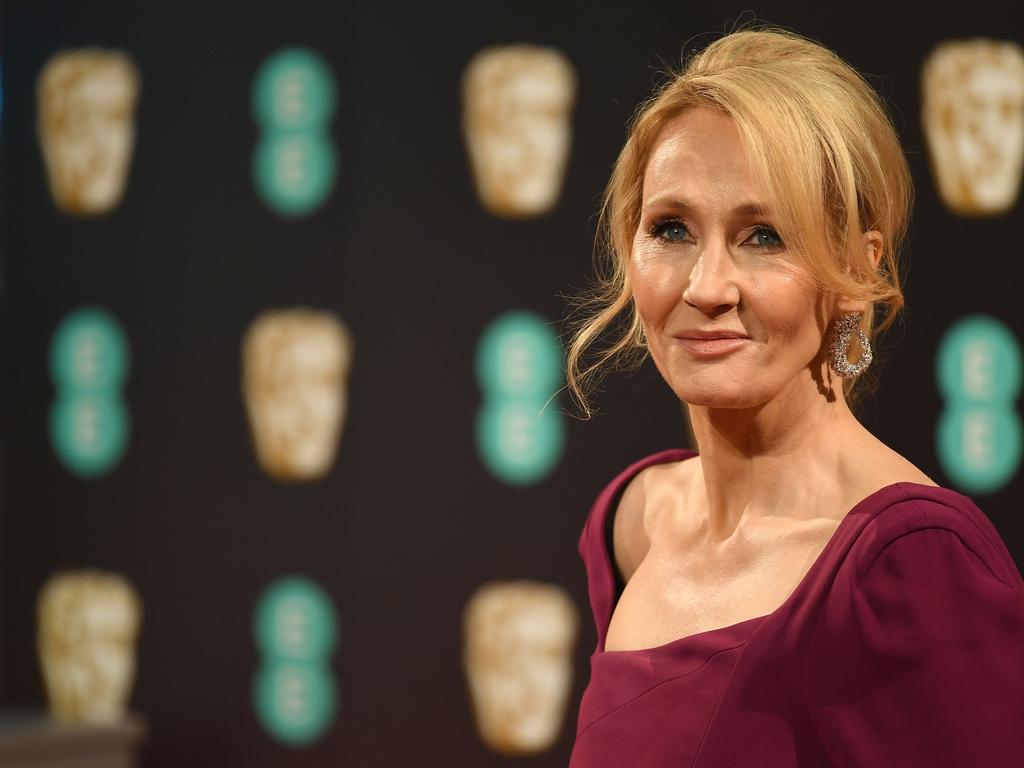
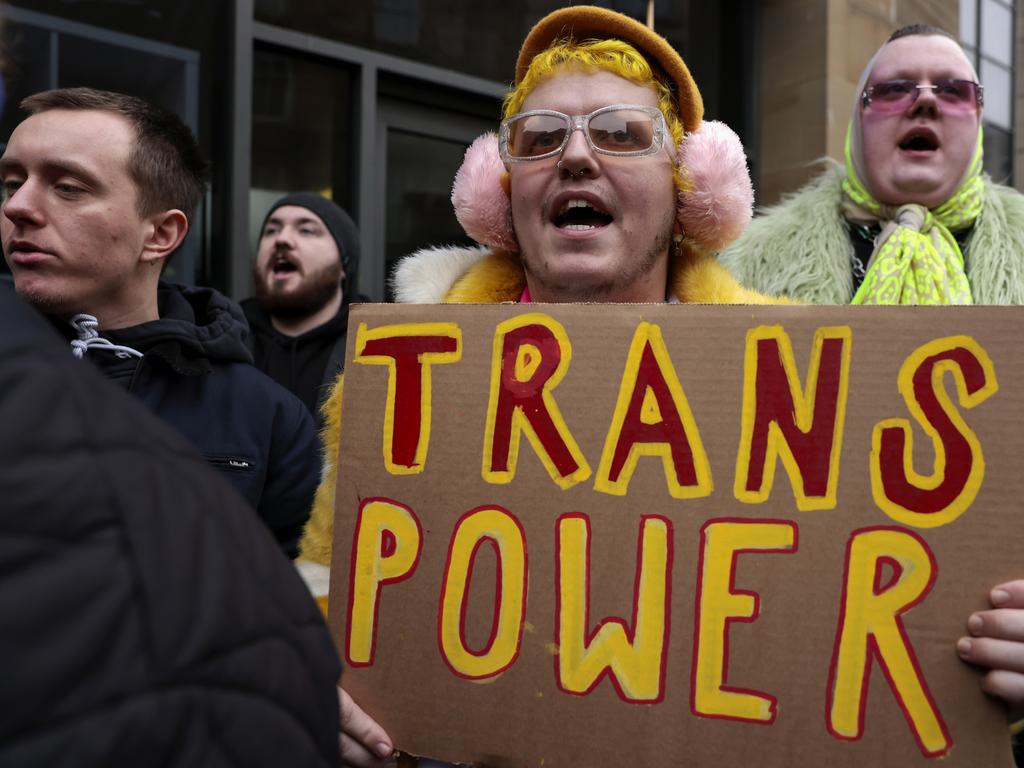


To join the conversation, please log in. Don't have an account? Register
Join the conversation, you are commenting as Logout